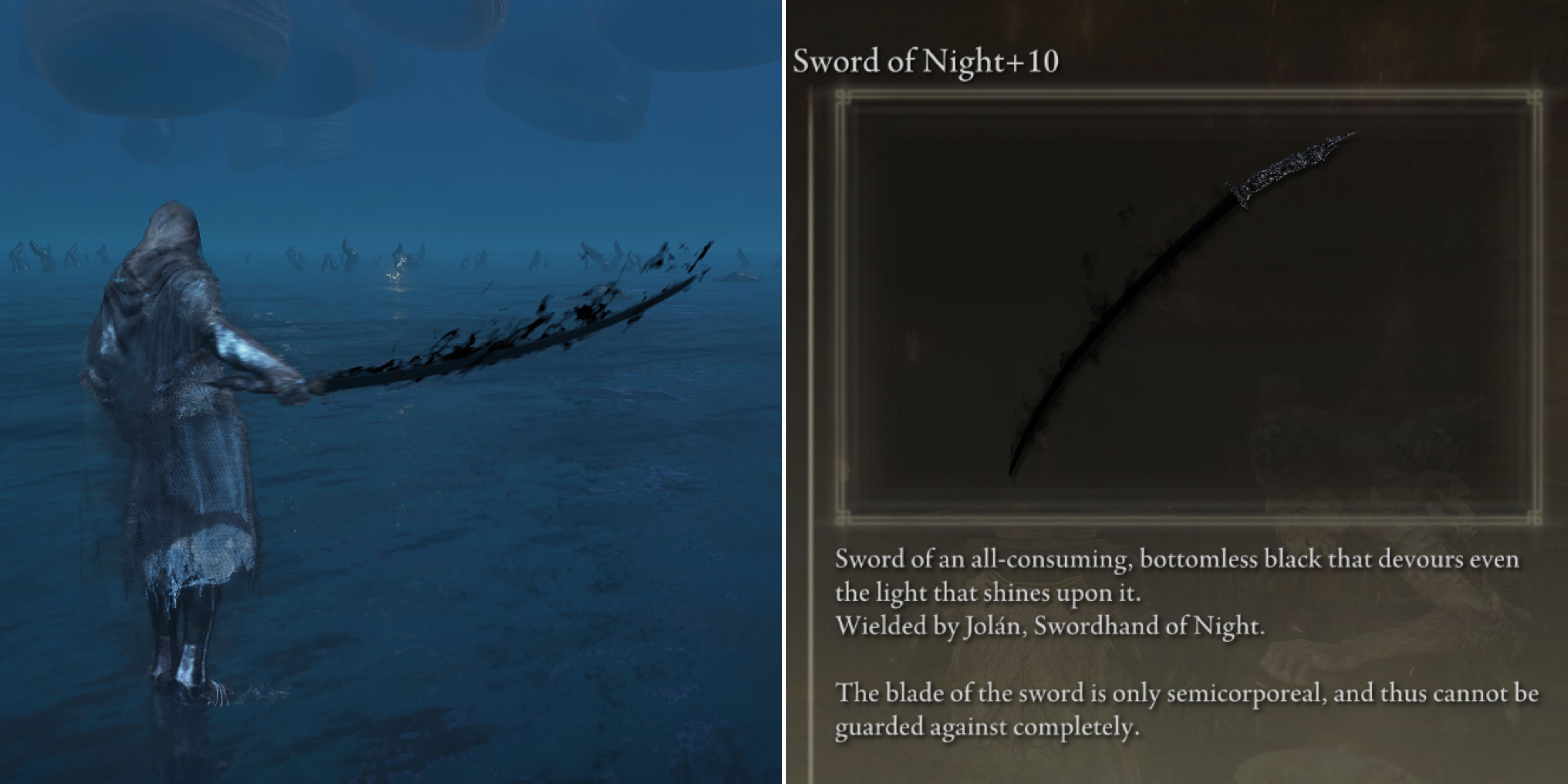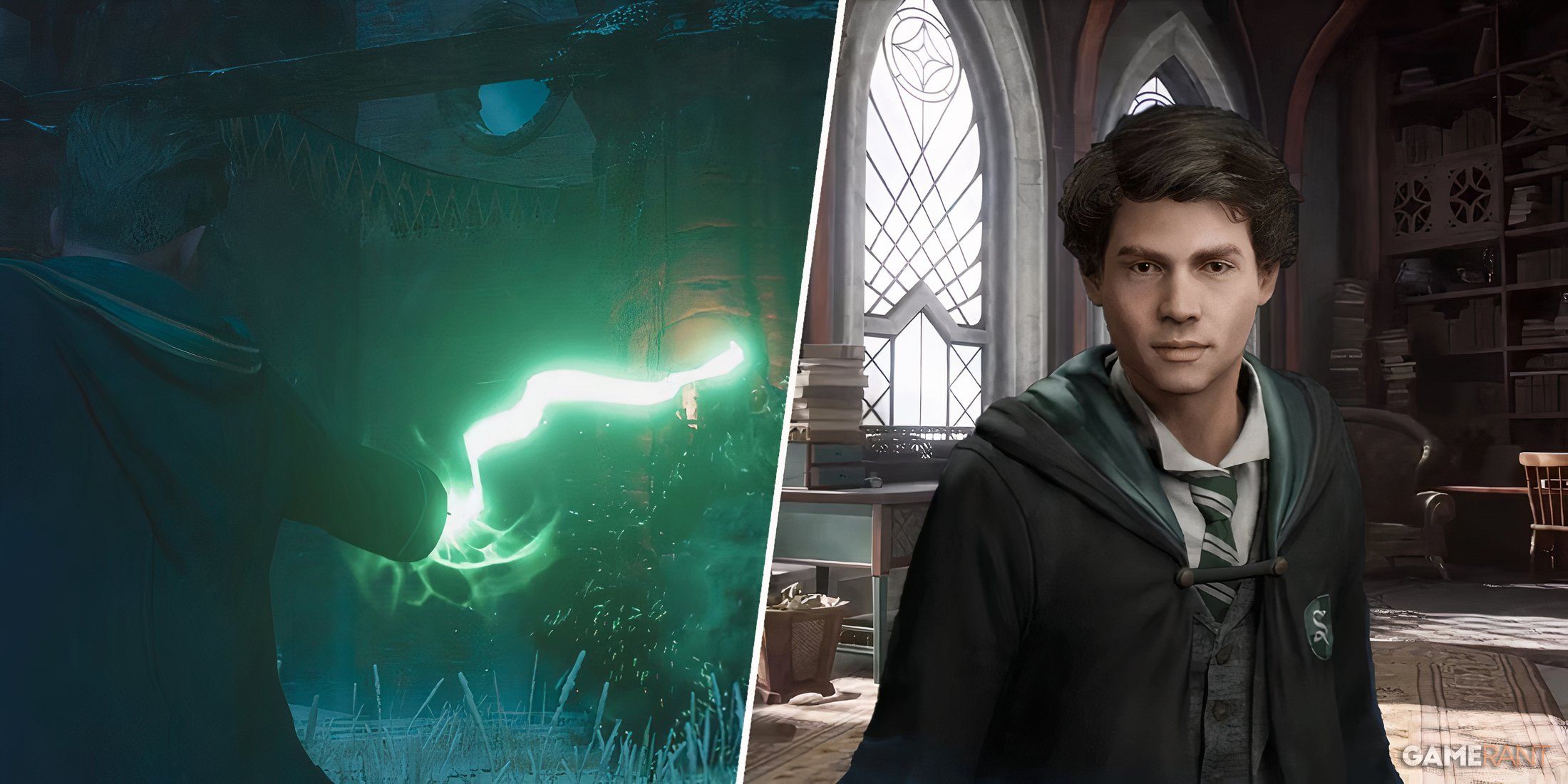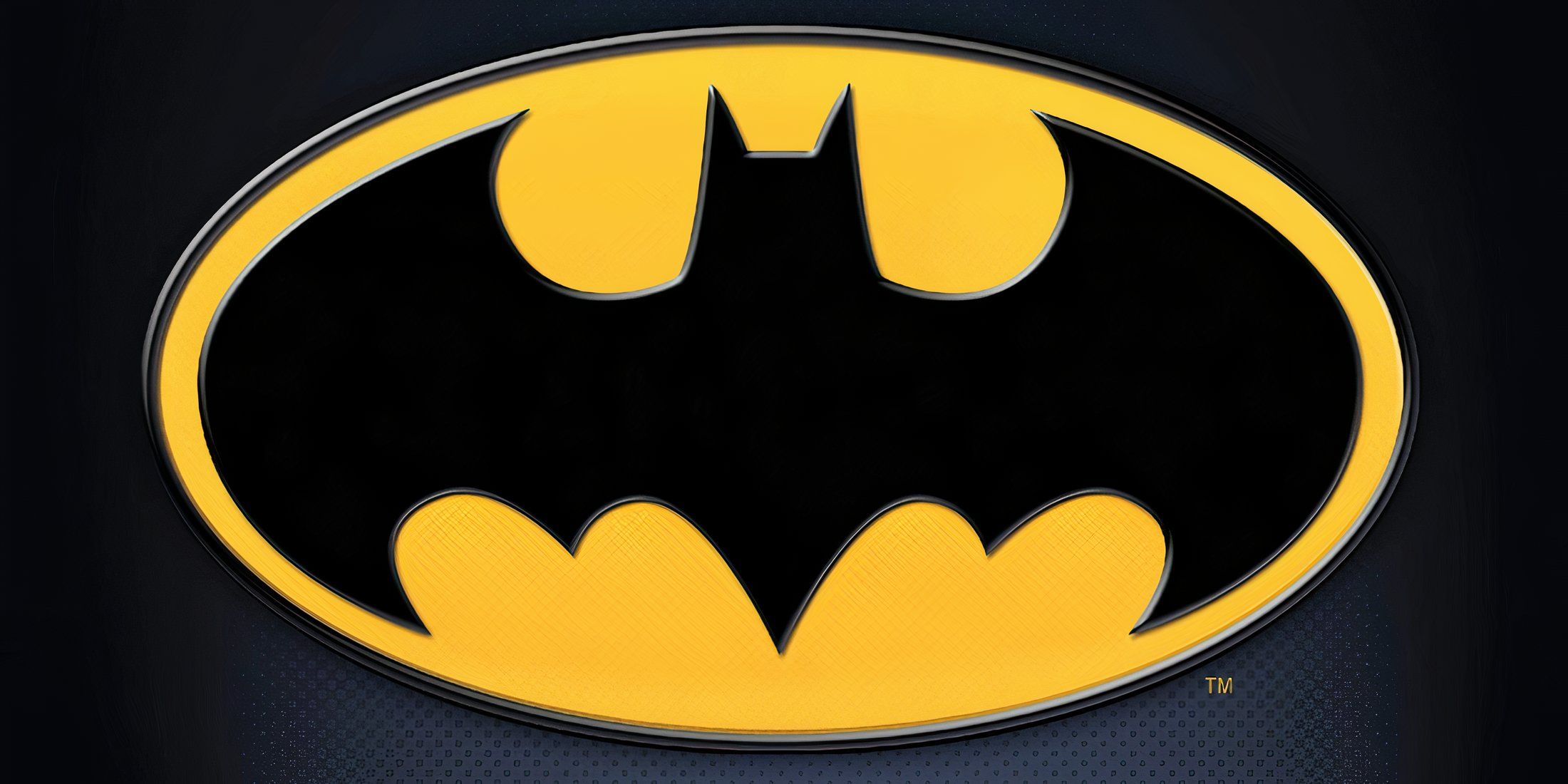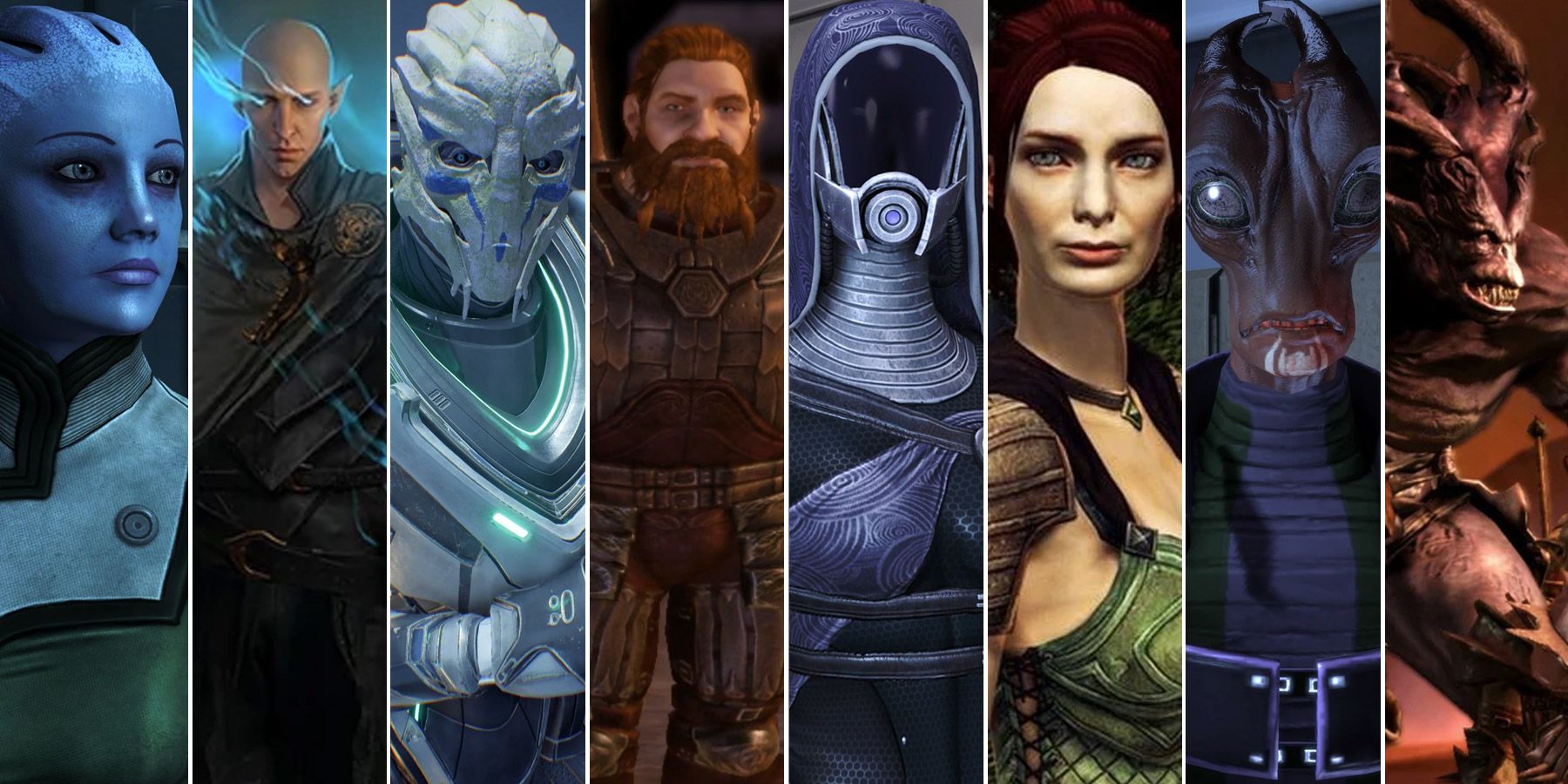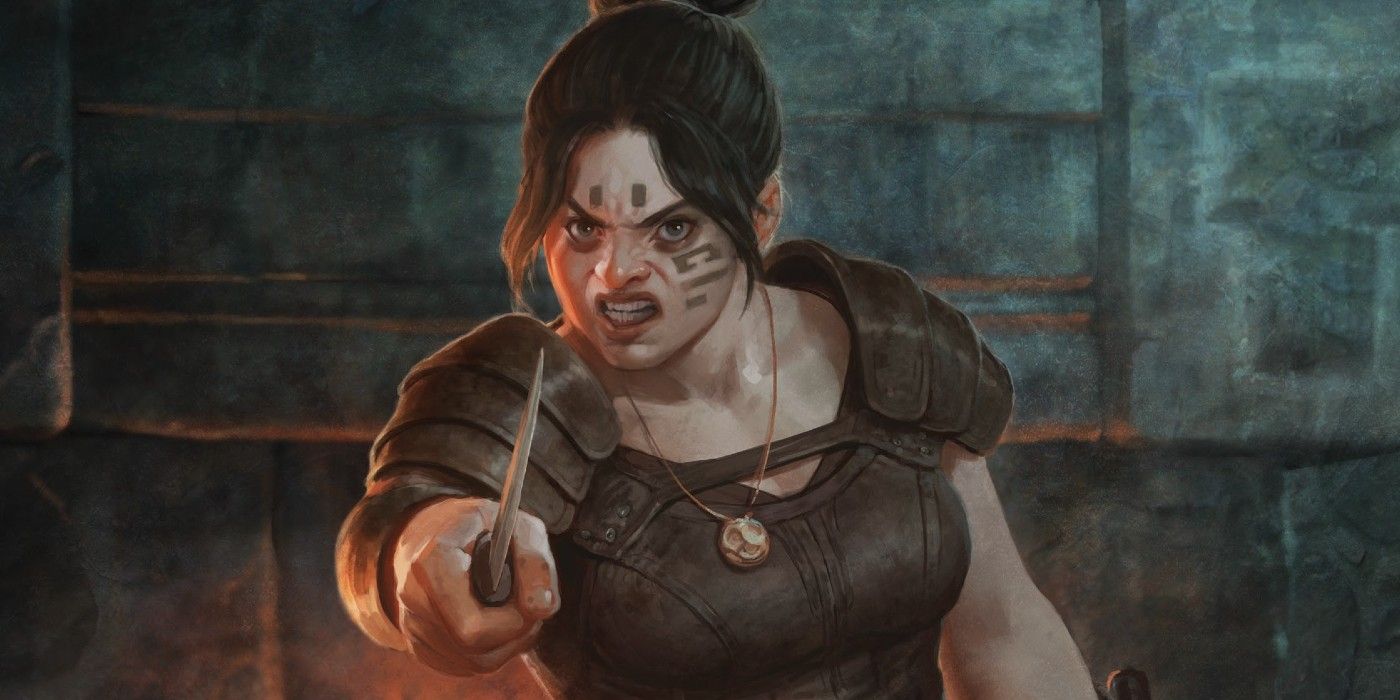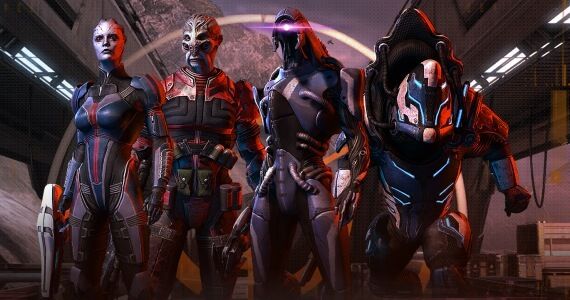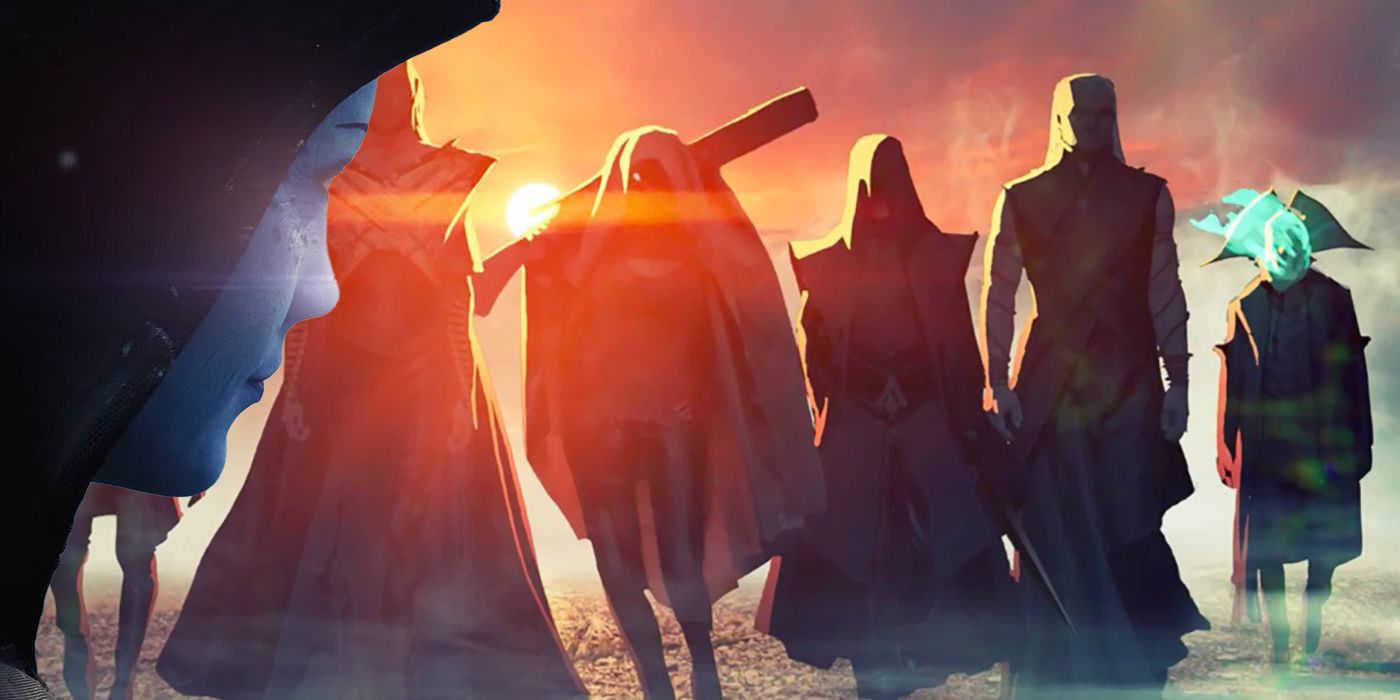When crafting a game world — particularly a role-playing game — including cultures that have complex histories and hierarchies helps to create a more believable and in-depth experience. Players buy into the politics, the long-held antagonisms, and shaky alliances that have shaped the various in-game regions. These usually tie into the narrative in interesting ways and provide meaningful stakes that have consequences. One way that BioWare accomplishes this type of world-building in its series like Mass Effect and Dragon Age is through the use of "speciesism" — a term to describe the often prejudiced interactions between different races.
Pitting certain races against each other or showcasing distrust and discord not only makes for a useful storytelling tool, but also helps to paint a more complete picture of what the worlds were like before the games take place. Racial prejudices are also an all too real problem in real-life societies, and reflecting these in games with sci-fi and fantasy settings helps to reflect the player's world back to them without being too heavy-handed with an explicit depiction. Games like Mass Effect and Dragon Age are particularly prominent examples of where in-game cultures are undeniably shaped by speciesism and their stories impacted by the consequences of these attitudes.
Antagonism Between Races In Dragon Age
The oppression of certain races and the oftentimes antagonistic relationships between them is a key cornerstone to the overarching narrative in the Dragon Age games. Character motivations are sometimes shaped by these dynamics as well, and the race that players select in Dragon Age Origins and Dragon Age: Inquisition has impacts on the story and their relationships with NPCs. In important story missions like "Wicked Eyes and Wicked Hearts" in Dragon Age: Inquisition, the player's chosen race provides distinctive perks and penalties, with qunari, dwarven, and elven Inquisitors facing an automatic deduction of court approval points purely because of their race.
Although players can only play as a human during Dragon Age II, they can customize their class and appearance. This dynamic is interesting once players arrive in Kirkwall. The coastal city has a long history in the slave trade, and is a prime example of the harsh and highly racialized treatment of elves in Thedas. Once a powerful and immortal race, elves occupy one of the lowest rungs in Dragon Age society, and face everything from frequent microagressions, to all-out racism. The fact that the very first Inquisitor was a Dalish elf is purposefully misrepresented in history books, showing the rampant prejudice against the species.
The Tevinter Imperium is the oldest extant human nation in Thedas and is another example of humans in Dragon Age believing in their innate superiority over other races. Despite its diminished influence, Tevinter is still a powerful state with a strictly hierarchical society. Mages are valued above all else, and slavery is still an integral part of the region's make-up. While Tevinter's slave class consists of many races, it is mainly made up of elves who are universally subjugated across the continent.
Each race appears to have prejudices against the others, fueled by misinformation, petty squabbles, and a focus on differences over similarities. While fear of magic also plays a key part in the predominant prejudices that characterize Thedas, racial tensions are undoubtedly just as important. Even within races there are biases, like the rigid dwarven caste system. While anyone can technically follow the way of the Qun, non-qunari are called Viddathari and are seen as separate. These deep-held divisions shape a lot of the conflicts that destabilize Thedas, and will no doubt continue to impact the series' story.
Mass Effect's Species Prejudices
Just as with Dragon Age, the history and hostilities between various races help to shape the world of Mass Effect that players experience. With humanity's own initial forays into alien space resulting in the First Contact War, they didn't put their best foot forward when it came to interstellar relations and are subsequently treated with distrust throughout the series. Humanity is eventually permitted to join the Citadel Council, but although this exclusive group is meant to represent the entire galactic community it only comprises four races.
It is clear from early on in Mass Effect that there is a definitive hierarchy between alien species, with a handful considered the galactic front-runners while others like batarians, elcor, and qurians are expected to take a back seat. An overt example of speciesism that defines a lot of inter-alien relations is the Genophage. Originally developed by the salarians to curb krogan expansion, this atrocious biological weapon is genocide, pure and simple. The prejudice against krogans and their combative tendencies leads to many conflicts within the Mass Effect universe and serves as a key plot point in several of the games.
The kett are another Mass Effect species that demonstrate genocidal behaviors. Unable to reproduce conventionally, they adopt a process called exaltation where they forcefully transform other species into kett to aid in their expansionist practices. While arguably the Milky Way visitors have also arrived unannounced to carve out a home for themselves in someone else's galaxy in Mass Effect: Andromeda, at least they're not using forced assimilation. However, their mission does bring to mind some pretty awful colonialist expansions throughout human history, as well as harmful white savior tropes through their dealings with the angara.
While Shepard can romance members of different alien species indiscriminately (much to the delight of fans), this is sadly not representative of a wider attitude of acceptance throughout the galaxy. Members of Shepard's own crew like Alliance soldier Ashley Williams frequently display distrust and prejudice towards alien races, and the actions of selective species groups like Cerberus continue to define the make-up of the Milky Way.
The Future Of The Franchises
With new installments for both franchises in development, fans are looking forward to what Mass Effect 4 and Dragon Age 4 might bring. With speculation on where or even when both games might be set, there are lots of possibilities for how they might turn out. However, with racial tensions and speciesism serving as a fundamental building block in Thedas, the Milky Way, and Andromeda, wherever the games take place it is safe to say it will continue to play a part.
With Mass Effect 4 reportedly in a prototype phase and Dragon Age 4 apparently in the middle of development, fans will have a little longer to wait until they can see how the stories will develop. However, with a rumored Tevinter setting, Dragon Age 4 has plenty to work with when it comes to divisions between races, as well as a continuous war with the qunari and a rebel elven god on the rampage with the return of Solas.
Rebuilding the relays in Mass Effect 4 could help to bring the disparate races together and could inspire unity after the widespread destruction and fallout caused by the reaper invasion. While not much is known about Mass Effect 4's story, no doubt the historically fraught interactions between alien races will shape the narrative and could provide an interesting new antagonist.

